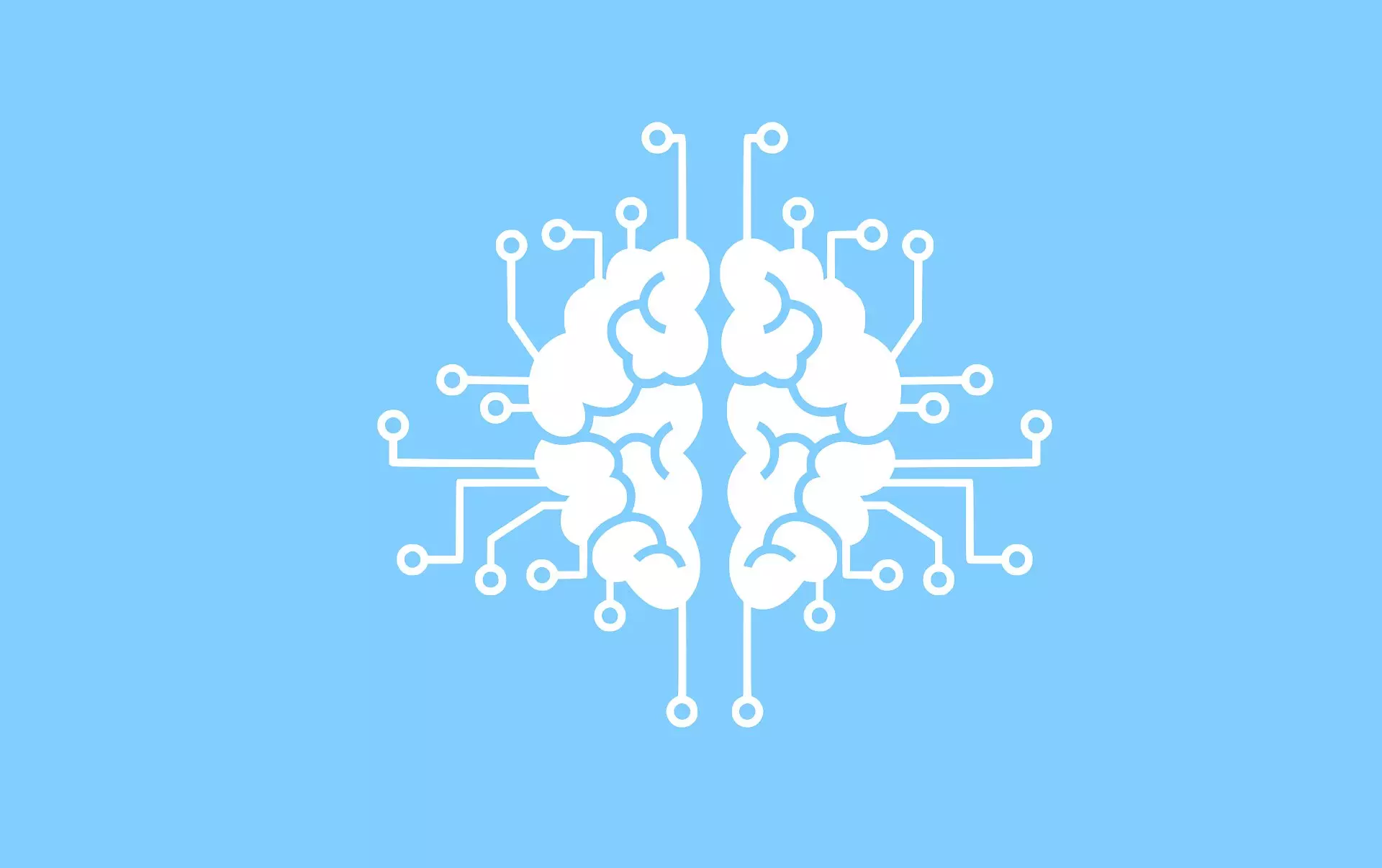The process of bipartite matching is crucial in various fields, from rideshare apps to medical industries. Computer scientists have been studying this problem for years, aiming to find the most efficient solutions. However, Cold Spring Harbor Laboratory Associate Professor Saket Navlakha has introduced a new perspective to this age-old problem by drawing inspiration from biology.
In his research, Navlakha identified similarities between the bipartite matching problem and the wiring of the nervous system in animals. He highlighted how each muscle fiber in an animal’s body is eventually paired with a neuron for movement control. This process involves a competition among neurons, where neurotransmitters act as bidding resources. Neurons that fail to secure a match can reallocate their resources to other fibers, ensuring every neuron and muscle fiber find a partner efficiently.
Navlakha has developed a simple algorithm based on the competitive nature of neuronal connections in the nervous system. This algorithm involves two equations – one representing the competition among neurons and the other indicating the reallocation of resources. By emulating the efficient matching strategies found in biology, Navlakha’s algorithm has shown significant improvements in bipartite matching tasks.
When compared to existing bipartite matching programs, Navlakha’s neuroscience-inspired algorithm performs exceptionally well. It generates near-optimal pairings, reduces the number of unmatched parties, and ultimately enhances overall efficiency. This could translate to shorter wait times for rideshare passengers and improved residency matching in medical settings. Additionally, the algorithm’s decentralized approach helps preserve privacy, which is crucial in sensitive applications like donor organ matching and online auctions.
Navlakha’s groundbreaking research opens up new possibilities for solving complex bipartite matching problems. By leveraging insights from neural circuits, researchers and developers can create innovative algorithms for various AI applications. The adaptability and efficiency of this new algorithm make it a promising tool for optimizing matching processes in diverse industries. As Navlakha puts it, studying biology can lead to transformative discoveries in the realm of computer science and artificial intelligence.
Saket Navlakha’s pioneering work in revolutionizing bipartite matching through insights from biology marks a significant milestone in the field of computer science. By bridging the gap between neuroscience and computer algorithms, Navlakha has unlocked new avenues for tackling challenging optimization problems. The fusion of biological strategies with computational techniques showcases the power of interdisciplinary research in driving innovation and progress in the digital age.


Leave a Reply